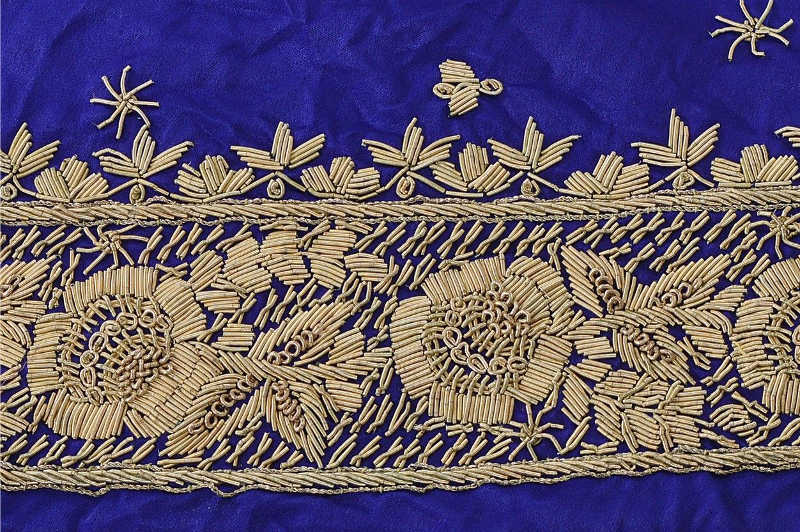===
0689,
3
===

=== |
 |
FWP:
SETS == BHI; GESTURES; KYA
MOTIFS
NAMES == NIGHTINGALE
TERMS == IMPLICATIONThe Nightingale might have died of any of a number of kinds of grief and despair, whether for himself (unable to reach the garden for which he longed), for the flowers (cut off from the garden and dying in a shop), or for the garden itself (despoiled of the glory of its beautiful inhabitants). He might have spent (much of) his life in the shop, or might have arrived there and promptly died. He might have been brooding over some sort of scheme of rescue or revenge, or he might have succumbed to the passivity of hopelessness. Perhaps he wasn't actually 'in' the flower-shop, but only 'at' it in the sense of outside it, trying desperately to break in and join his beloved roses.
The Nightingale's dying in or near the flower-shop thus forms a kind of 'gesture'. We can see the aftermath of it (in the form of his body), and we can speculate at length about its meaning; but the verse is cleverly organized to make sure that we can never establish or disprove any of our speculations.
In fact, thanks to the 'kya' effect, the second line joins us in our speculations. It can be an affirmative exclamation ('What ardor for the garden he had!'), or a straightforward question ('Did he have ardor for the garden?'), or a negative rhetorical question ('What ardor did he have for the garden?! -- why, none at all, of course; he preferred to remain beside the rose in her cruel imprisonment).
And of course, if we read bhī as 'even', the suggestion is that some other (surely human) party or parties (probably including the speaker) would feel this emotion more naturally or more strongly. While if we read it as 'also', then the Nightingale is counted on equal terms along with the other, presumably human, party or parties in a common state of helpless longing for the garden. For after all, why were 'we' there to find the Nightingale dead at the flower-shop yesterday? (Since no other subject is given in the verse, 'we' and 'I' are the best choices.) Why did we ourselves go to the flower-shop? Might it not have been on an errand similar to the Nightingale's?
Compare another ambiguous but powerful 'gesture' on the Nightingale's part [{716,1}]:
le rang-e be-ṡabātī yih gulsitāñ banayā
bulbul ne kyā samajh kar yāñ āshiyāñ banāyā[having taken the color/style of impermanence, [someone] made this garden
what was the Nightingale thinking, when he made a nest here?]